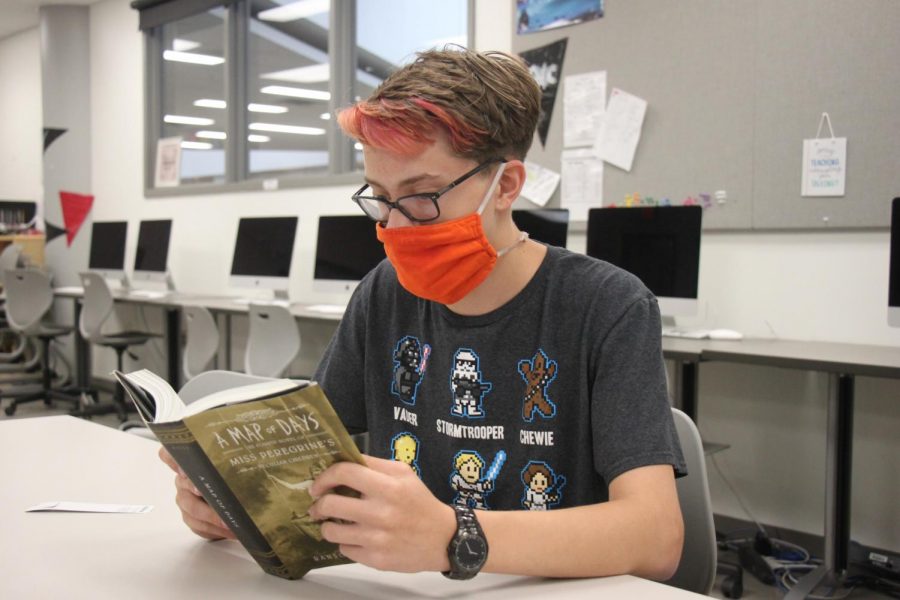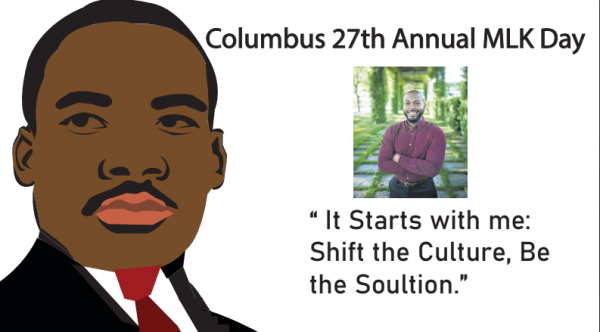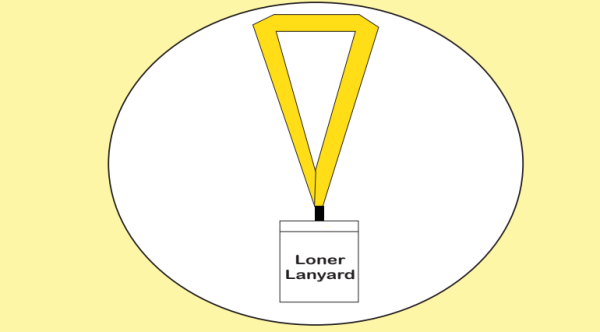To Be or Not To Be: Shakespeare in the Classroom
Freshman JR Hughes reads a book
“To be, or not to be, that is the question” when it comes to Shakespeare’s presence in the high school English classroom. Why is Shakespeare hiding in classrooms, in between textbook covers if the average student can not understand his absurd use of the English language?
The simple answer is Shakespeare created the English language. Not literally, but if it was not for him, it would not be as advanced as it is today. Ever wonder where the word alligator comes from? That is right, Shakespeare invented it. Savage? Shakespeare. Olympian? Shakespeare.
For some people, Shakespeare is more than just an author. For Julie Hult, an English teacher here at Columbus East High School, he is a lifestyle.
“Most of western literature is based on plots and characters that originated in [Shakespeare’s] work during the Renaissance,” Hult said.
Since so much of modern literature and media is based on Shakespeare, everyday experiences are because of him. Not only does he affect modern-day life, but he also bridges the gap between modernity and the past, allowing the English curriculum to use his work effectively.
“He also was accredited with infusing modern English with many words and phrases that we still currently use,” Hult said. “So, in order to understand our present, we need to understand a little bit about our past.”
Shakespeare is complicated. He merges modern English with past applications of the language, creating a blob of unseen words and phrases. However, Shakespeare’s work is not impossible to understand and can be mastered.
“Another thing and I am a firm believer of this, If you can decode Shakespeare, you can read anything,” Hult said.
If students look past the name and the confusing language and look at how much Shakespeare has advanced Western civilization, it is obvious why English classes praise him so greatly.











